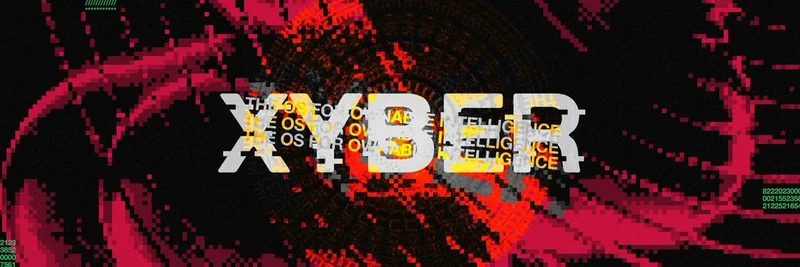Hey there, crypto enthusiasts! If you’ve been keeping an eye on the latest buzz on X, you might have stumbled across a thought-provoking post by @condzxyz. In this post, Condz passionately argues that "crypto native people will take over everything" because their approach—authentic, unified with the community, and aligned with the people—outshines the outdated "corporate garbage." Let’s dive into what this means for the blockchain world and why it’s creating such a stir!
What Does "Crypto Native" Mean?
For those new to the term, "crypto native" refers to individuals or groups who’ve grown up with or deeply immersed themselves in the cryptocurrency and blockchain ecosystem. These are the folks who live and breathe decentralized tech, often participating in communities like those on Polkadot or Ethereum. Unlike traditional corporate players, crypto natives bring a fresh perspective, prioritizing transparency and community input over rigid hierarchies.
Condz’s post highlights a growing sentiment: the old-school, top-down corporate model is losing its grip. Instead, projects driven by crypto natives—think Mythical Games with their upcoming Pudgy Party game—are gaining traction by listening to their communities and building trust organically.
The Power of Community Alignment
One of the standout points in Condz’s tweet is the idea that crypto natives are "more aligned with the people." This isn’t just hype—it’s a game-changer. Traditional companies often rely on marketing teams and PR stunts, but crypto natives engage directly with their audience. Take the recent announcement from Believe, quoted by Condz, where two crypto natives are set to run their account. This move signals a shift toward authentic voices, which resonates with the decentralized ethos of blockchain.
Community alignment also means faster innovation. When developers and users collaborate closely, as seen in projects like Pudgy Party (set to launch on iOS and Android this summer), feedback loops tighten, and products improve rapidly. It’s a stark contrast to the slow, bureaucratic processes of legacy corporations.
Why the Old Ways Are Fading
Condz doesn’t hold back, calling out "old corporate garbage" as a relic of the past. And there’s truth to this. Traditional businesses often struggle to adapt to the fast-paced, trust-based nature of the crypto world. Regulatory hurdles, scalability issues, and a lack of genuine community engagement have left many corporate blockchain efforts lagging. Meanwhile, crypto natives are leveraging tools like Web3 marketing to build thriving ecosystems, as noted in recent industry analyses.
This shift is backed by trends in the space. For instance, articles on Blockworks suggest blockchain is on the cusp of mainstream adoption, driven by community-led initiatives rather than corporate giants. The data backs this up—early adopters and native enthusiasts are the ones pushing practical applications forward.
What This Means for the Future
So, what’s next? If Condz is right, we’re heading toward a future where crypto natives dominate not just blockchain but potentially other industries too. This could mean more games like Pudgy Party—a battle royale with a twist, blending fun with crypto integration—or even broader adoption of decentralized finance (DeFi) platforms. The key will be maintaining that authenticity and community focus, avoiding the pitfalls of commercialization.
For blockchain practitioners, this is a call to action. Engaging with native communities, learning from their insights, and contributing to projects like those on Meme Insider can help you stay ahead of the curve. Whether you’re a developer, investor, or just a curious newbie, now’s the time to get involved!
Final Thoughts
Condz’s bold statement on X isn’t just a hot take—it’s a glimpse into the evolving landscape of crypto. As crypto natives take the reins, we can expect a more inclusive, innovative, and community-driven industry. What do you think? Will this revolution hold strong, or will corporate players fight back? Drop your thoughts in the comments, and let’s keep the conversation going!


